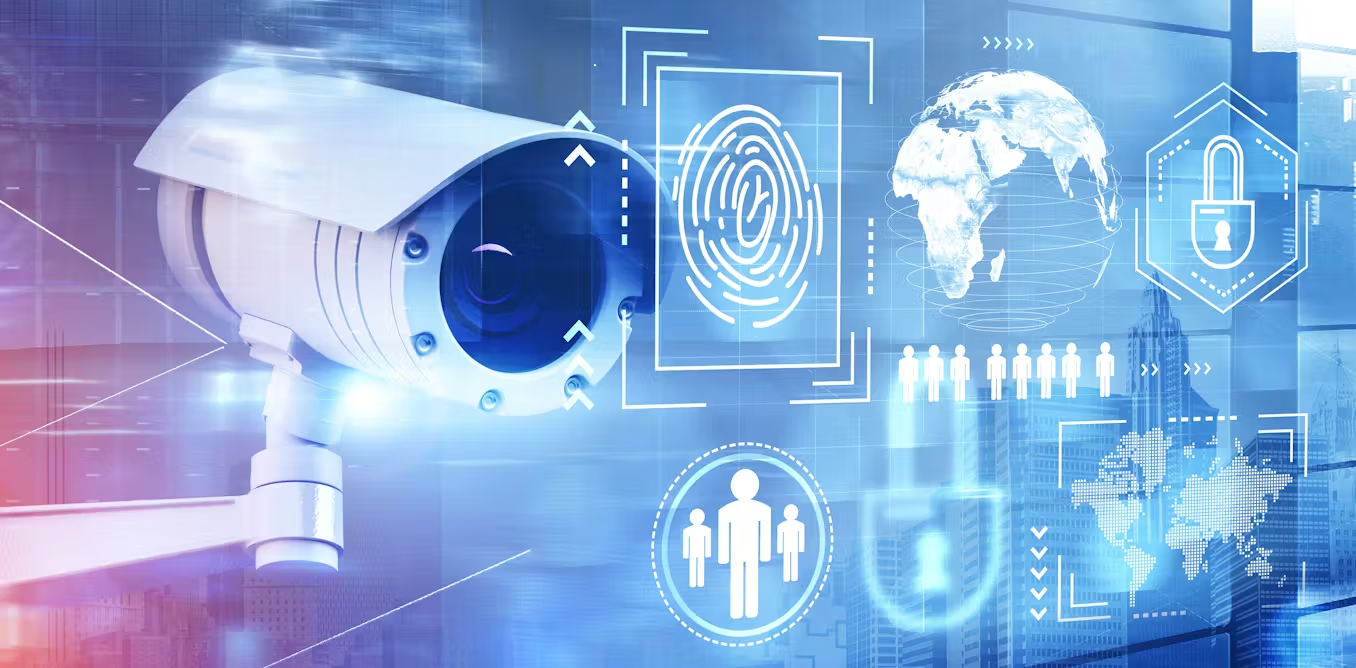NAIROBI, Kenya — The National Assembly Budget and Appropriations Committee has revealed a significant allocation within its latest budget recommendations: Ksh 150 million specifically designated for the acquisition and operation of the Optimus 3.0 system, a sophisticated tool designed to monitor social media users across Kenya.
This allocation is part of a larger Ksh 2.54 trillion national budget that has undergone considerable internal reshuffling of priorities.
The Directorate of Criminal Investigations (DCI) is set to receive Ksh 50 million for the procurement of Optimus 3.0 equipment, complemented by an additional Ksh 100 million earmarked for managing what is described as the “DCI forensic lab OPTIMUS 3.0 Social Media” operation.
Digital security experts warn that this system possesses advanced capabilities to identify social media users across various platforms, tracking not only their posts but also their geographical location and the devices utilized, all traceable through connection metadata.
While the government frames this investment as a vital necessity for combating cyber threats, hate speech, and the spread of misinformation, the timing and substantial scale of this financial commitment have sparked uncomfortable questions regarding the state’s stance on its citizens’ digital freedoms.
The budget committee’s recommendations reveal a telling pattern of financial re-prioritization. To fund various government operations, including this new surveillance apparatus, significant cuts have been made elsewhere.
The National Fund for the Disabled of Kenya, for instance, faces a reduction of Ksh 400 million. Education has also borne considerable losses, with secondary education experiencing a net decrease of Ksh 4 billion, while university education loses Ksh 920 million.
Furthermore, teacher capacity-building programs have been slashed by Ksh 620 million. These adjustments imply that the government views the monitoring of citizens’ social media activities as a higher priority than supporting disabled Kenyans or investing in educational development.
Meanwhile, the executive office of the president has seen its budget expand to Ksh 5.37 billion, which includes funds for the replacement of the “old fleet of motor vehicles for chief of staff and the head of public service.”
The emergence of the Optimus 3.0 system in Kenya draws unsettling parallels to George Orwell’s dystopian vision in his seminal novel 1984, where “telescreens” perpetually monitored citizens. In contemporary Kenya, there is no need for telescreens; instead, smartphones, social media platforms, and now, a Ksh 150 million surveillance system, are poised to observe citizens’ online expressions and interactions.
This investment signifies a profound philosophical statement about the relationship between the Kenyan state and its populace. In a country where freedom of expression has been hard-won through historical struggles, the government is now dedicating substantial resources to scrutinizing that very expression.
Digital rights advocates have consistently cautioned that such surveillance systems, regardless of their stated objectives, invariably establish the infrastructure for potential oppression.
What begins as an “anti-misinformation” tool today can easily evolve into a weapon against political dissent tomorrow. The capacity to track users across platforms, identify their devices, and monitor their digital footprints remains the same, whether deployed against criminals or used to silence critics.
Kenya now joins a growing list of nations heavily investing in digital surveillance infrastructure.
However, this investment carries hidden costs that extend far beyond the Ksh 150 million price tag.
When citizens perceive they are under constant observation, it often leads to self-censorship.
When individuals fear that their social media activity could lead to repercussions, they tend to withdraw from public discourse.
Ultimately, a vibrant democracy risks withering in the shadow of pervasive surveillance.
The government’s rationale—citing the protection of national security and public order—resonates with the rhetoric commonly employed by authoritarian regimes worldwide.
Historically, every surveillance state has justified its spying as being for the greater good of its people, illustrating the adage that the path to authoritarianism is often paved with seemingly good intentions.
Also Read: Kenyan govt spying and police requests for Meta users’ data hit record high in 2024
Perhaps the most alarming aspect of this budget allocation is the apparent absence of robust oversight mechanisms.
While Parliament is set to debate these recommendations, the fundamental question persists: who will ensure that this powerful surveillance tool is not abused?
In mature democracies, such capabilities are typically accompanied by stringent judicial oversight, transparent reporting requirements, and clear limitations on their use.
Kenyans deserve to know not only that their government is observing their online activities, but precisely how, when, and under what specific circumstances.
Without the implementation of such comprehensive safeguards, it appears that “Big Brother” has arrived, leaving Kenyans with the unsettling prospect of constant digital scrutiny.







